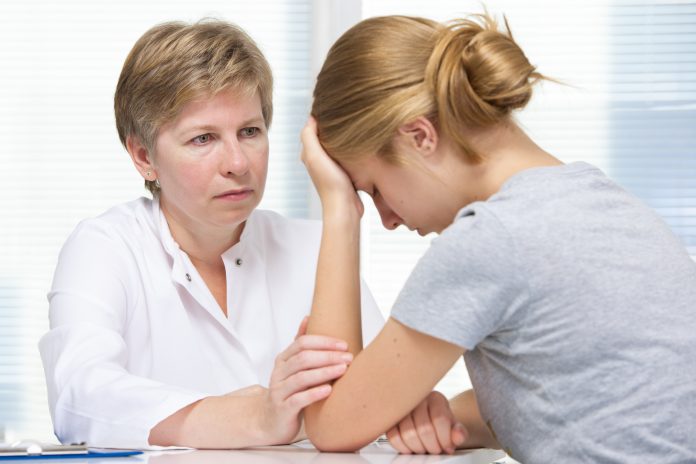While young people have largely been spared from the direct negative effects of Covid-19 on physical health, the global pandemic has still had an impact on their mental health as a result of disruptions to their normal social development, education and family life.
Recognising this and drawing on evidence-based parenting practice, a new digital mental health project led by researchers from the Faculty of Medicine, Nursing and Health Sciences and the Faculty of Information Technology, is set to address the challenges that parents and teens have faced as a result of the Covid-19 pandemic.
Receiving a 2020 Covid-19 Mental Health Research Grant from the Medical Research Future Fund, the researchers hope this project will empower parents and enhance their ability to safeguard their child’s mental health and wellbeing during disruptive events now and into the future.
“This research will collect insights from parents through online peer support interactions to help inform and apply an extension to an existing evidence-based parenting program, ‘Partners in Parenting’ (PiP), which has already been proven to reduce the risk of common mental health problems in adolescents,” says project lead, Associate Professor of Psychology Marie Yap from the Turner Institute, adding that in order to provide low-cost support to parents, their “direct input is needed”.
“By rapidly adapting content and providing peer support to respond to the context-specific needs of Covid-19, the adapted program, PiP-Plus has the potential to reduce the mental health impacts of Covid-19 on many Australian families,” she says.
Covid-relevant parenting advice
This project will provide the necessary support to parents with context-responsive, rigorously developed Covid-relevant parenting advice and integrated online peer support, delivered via the PiP-Plus platform.
Professor Patrick Olivier, from the Action Lab, Faculty of IT, says this research aligns with the Federal Government’s mental health reform agenda on empowering families and carers who support youth living with or at risk of mental health issues.
“This project offers an adaptable and rapidly responsive service to address the emerging mental health challenges currently experienced as a result of Covid-19,” he says.
“By establishing a mechanism to collect data on mental health challenges currently experienced by parents and rapidly responding to these through PiP-Plus, the project is developing an approach that continuously adapts to the experiences and needs of parents and children.
“The digital delivery of the platform also facilitates broader outreach and care to particularly vulnerable groups of parents with adolescent children, such as those from lower socio-economic backgrounds and those located in rural and remote communities.”
This research will also have further applications in other traumatic or disaster events across the globe, in which psychological distress can be impacted.
If you are interested in becoming a parent mentor or contributing to this research, please contact Ling.Wu+PIP@monash.edu.










